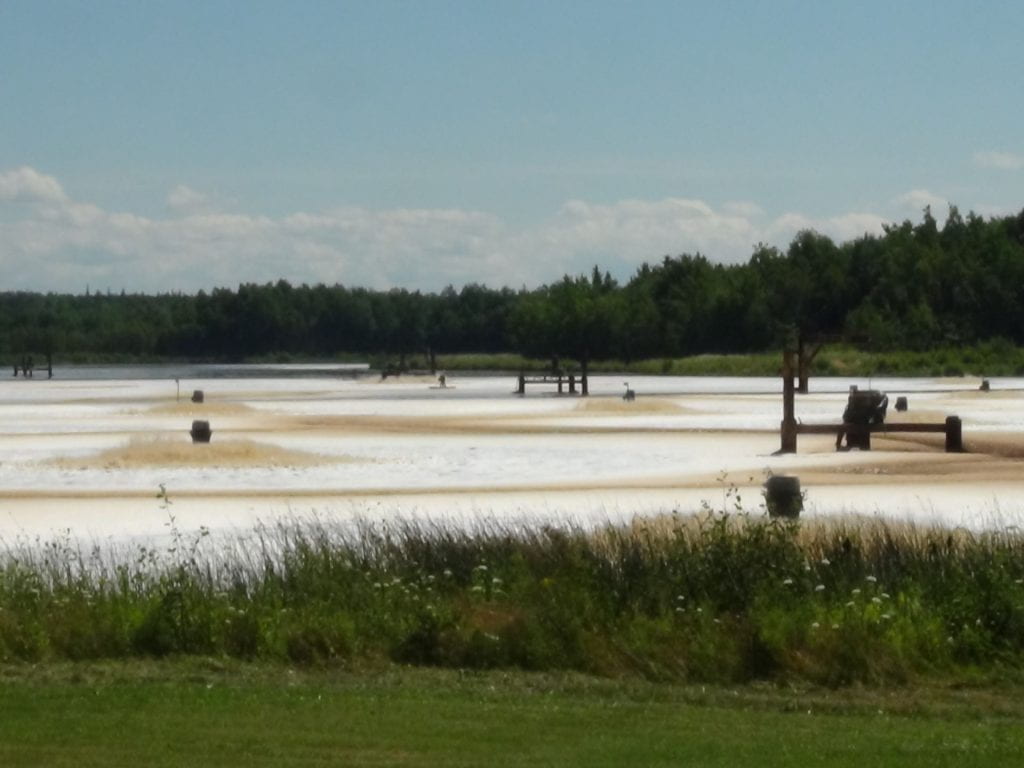
The IEHRA project has evolved from and is an extension of Dr. Diana Lewis’ work with Pictou Landing First Nation (PLFN).
Pictou Landing First Nation, a Mi’kmaw community on Boat Harbour, Nova Scotia, faced a health crisis, including elevated cancer rates, as a result of a nearby pulp and paper mill. The mill had been dumping effluent into a tidal estuary in the community for 53 years, before it was recently closed in 2020. Since 1993, a federally mandated environmental monitoring committee has told members of PLFN that effluent exposure has no effect on the health of community members. The Mi’kmaw women were determined to identify, document, and understand the relationship between the health of PLFN community members and exposure to effluent.

Dr. Diana Lewis has been engaged in a research relationship with the women of PLFN since 2010, where they have been collaborating to explore the effects of environmental exposure on the community. Together, a locally relevant research project was co-designed to support PLFN in determining its own health status. Utilizing a mixed-methods approach, PLFN highlighted their unique sense of place, developed baseline health data, and examined the impact of community exposure to the effluent (read more in Dr. Lewis’ articles from 2020). This process formed the basis for a new methodology: Indigenous Value-Based Environmental Health Risk Assessment.

There is a continued need for community-centered, community-controlled approaches to environmental health risk assessment, governance, and data as the PLFN experience is echoed in the experiences of Indigenous communities across Canada. Drawing from the insights and learnings of the research described above, the IEHRA project explores the community health impacts of living near oil and gas extraction (Cree, Chipewyan (Dene), and Métis) and a landfill site (Haudenosaunee). Through a community-engaged research process and informed by our previous research (Lewis et al., 2020, 2020a, 2020b), we are utilizing the methodology developed with PLFN to develop culturally relevant Indigenous environmental health risk assessments that respond to these different community contexts, ecologies, and industrial experiences. This research advances Indigenous Value-Based Environmental Health Risk Assessment, while at the same time enhancing the capacity of these Indigenous communities to engage in research and self-determine their health and environmental status.


